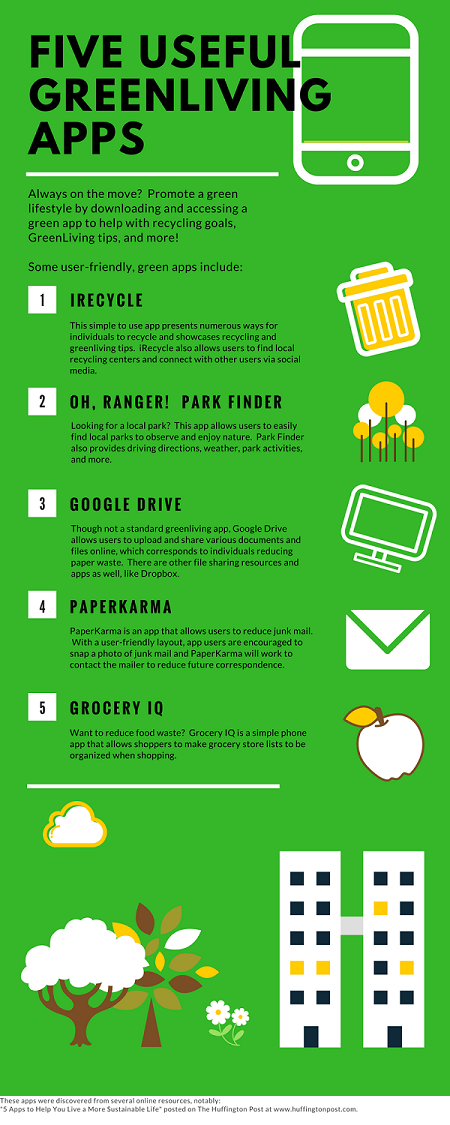Five Do's and Don'ts about Recycling Contamination
Recycling a Smarter Way to Live a Greener Life
2) Empty out glasses and containers: Leftover food residue is a major cause of recycling contamination. Before recycling, make sure that any leftover food or debris is removed and disposed of properly.
3) Watch out for non-recyclables: Occasionally, non-recyclable objects can fall into the recycling bin or be placed there accidentally. Before recycling, do a simple check of the bin and remove products that should not be there. Remember, products like Styrofoam and batteries cannot be recycled.
4) Remove yard trim: Tree branches, grass, and leaves, can be recycled and used as lawn compost. However, these items cannot be recycled in tradition recycling bins and can cause recycling contamination if recycled.
5) Clean out paper bags: Similar to food debris, ensure that all paper bags in the recycling bin are free of excess waste to help the recycling process. Remember, plastic bags cannot be recycled (even though they are made of plastic), and will cause recycling contamination if left in the bin.
What are other ways to prevent recycling contamination? Comment below!
Grady Management was founded in 1965 and continues to provide a full service residential, commercial, and consulting real estate firm in the greater Washington and Baltimore metropolitan area. Learn more about Grady Management on our website or Facebook page.
What is recycling contamination?
Recycling contamination occurs when objects and/ or materials that should not be recycled intermingle with recyclable goods during the recycling process. Often, this can cause bins of recyclable products to be thrown away as garbage to avoid more contamination.
Why is recycling contamination a problem?
Not every plastic, paper, or glass product can be recycled. Mixing recyclable and non-recyclable materials can impede and even stop the recycling process and cause even more waste.
What are ways to avoid recycling contamination?
Five "do's and don'ts" for recycling contamination are:
1) Break down and separate all recyclables: Break-down and fold all boxes and separate paper, cardboard, glass, and plastic materials to make sure that all products are recyclable.
2) Empty out glasses and containers: Leftover food residue is a major cause of recycling contamination. Before recycling, make sure that any leftover food or debris is removed and disposed of properly.
3) Watch out for non-recyclables: Occasionally, non-recyclable objects can fall into the recycling bin or be placed there accidentally. Before recycling, do a simple check of the bin and remove products that should not be there. Remember, products like Styrofoam and batteries cannot be recycled.
4) Remove yard trim: Tree branches, grass, and leaves, can be recycled and used as lawn compost. However, these items cannot be recycled in tradition recycling bins and can cause recycling contamination if recycled.
5) Clean out paper bags: Similar to food debris, ensure that all paper bags in the recycling bin are free of excess waste to help the recycling process. Remember, plastic bags cannot be recycled (even though they are made of plastic), and will cause recycling contamination if left in the bin.
What are other ways to prevent recycling contamination? Comment below!
Grady Management was founded in 1965 and continues to provide a full service residential, commercial, and consulting real estate firm in the greater Washington and Baltimore metropolitan area. Learn more about Grady Management on our website or Facebook page.




Comments
Post a Comment